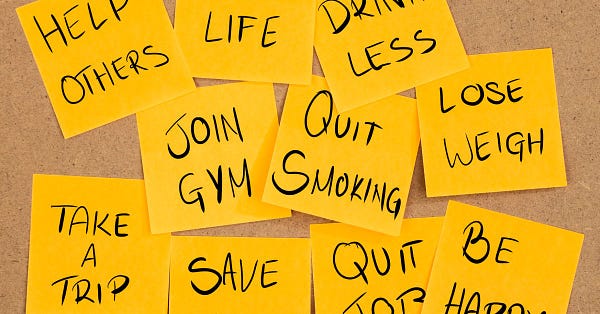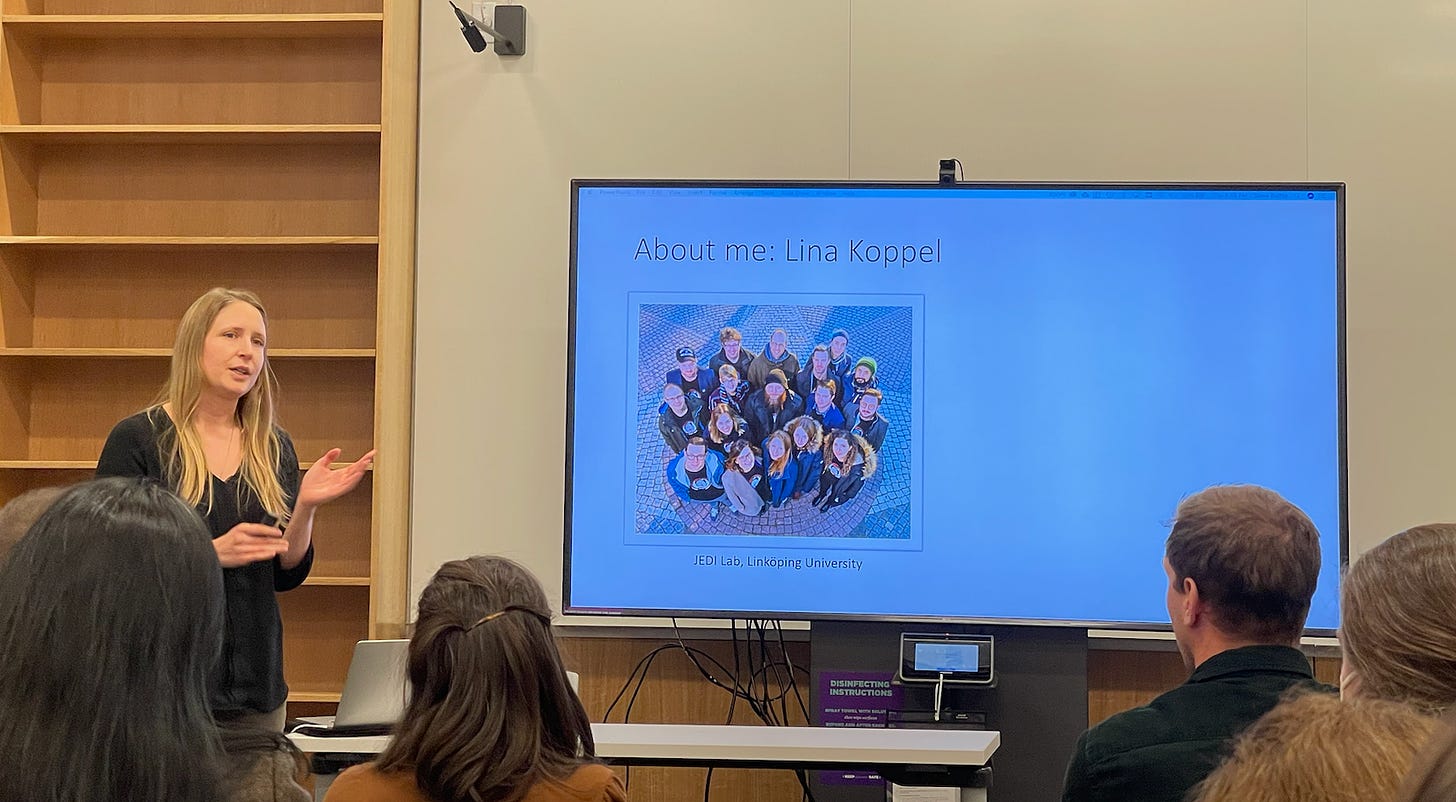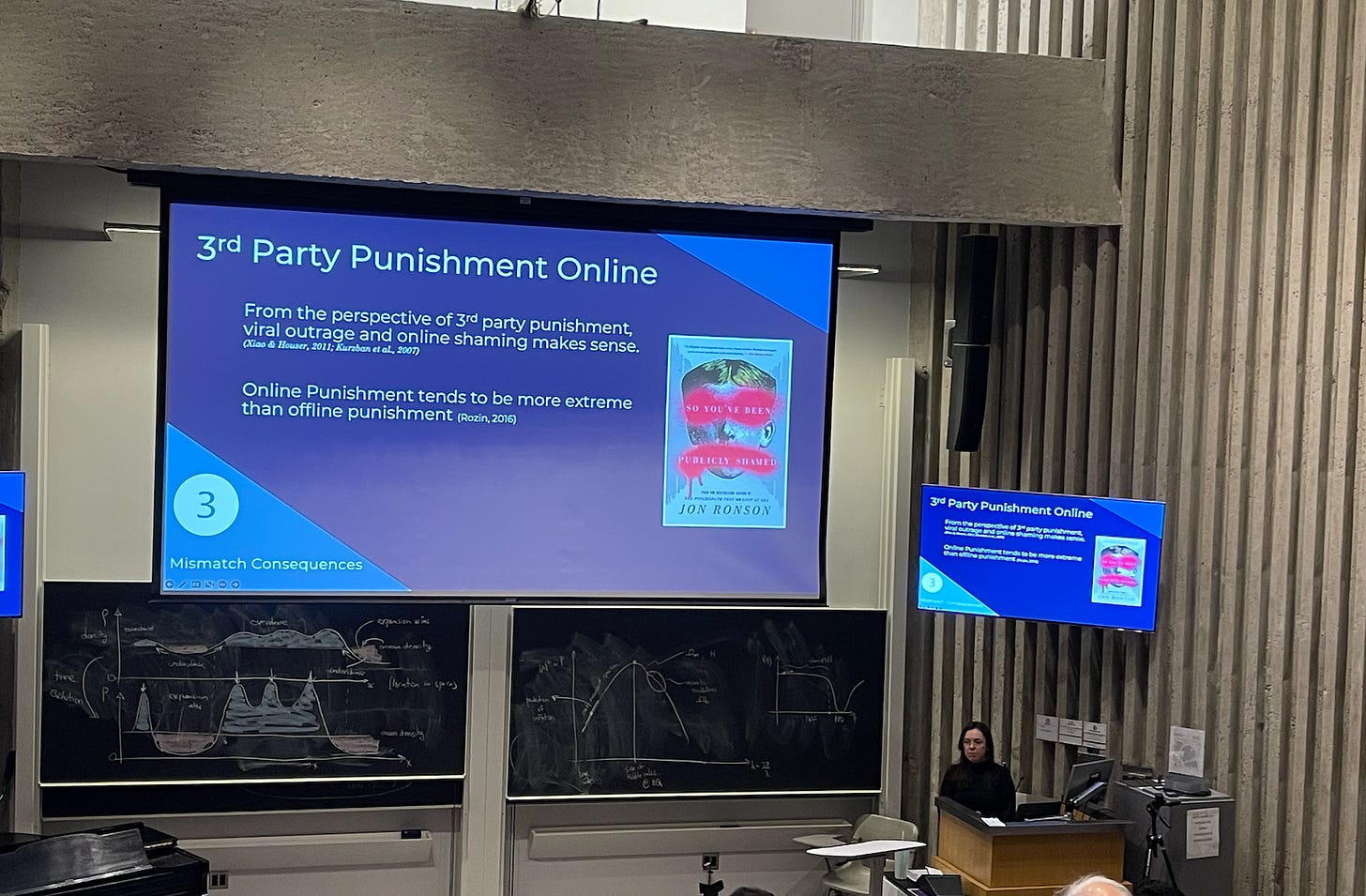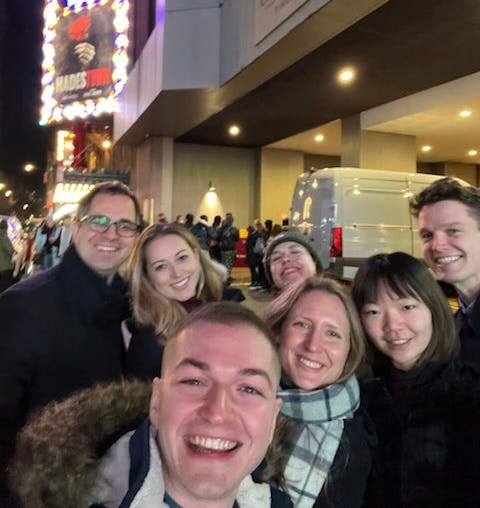Social identity shapes morality
How social identity plays a significant role in shaping moral judgment and decision-making; Advice to achieve your resolutions; A TikTok video of a day in the lab
What dominates moral cognition: intuition or reason? This is a question that has launched countless philosophical debates and moral psychology studies (and even more memes). In one of our latest paper, we move beyond this longstanding debate and make the case the identity is at the heart of moral decision-making.
In our latest paper, we (Jay, Dominic Packer, Jennifer L. Ray, Claire Robertson and Nick Ungson) argue that social identity plays a significant role in shaping moral judgment and decision-making. Specifically, we propose a value-based model of decision making in which social identity influences moral cognition by affecting three key parameters: (1) preferences and goals, (2) expectations, and (2) the outcomes that people consider
For instance, social identities can tune preferences and goals by causing people to care more about outcomes that affect in-group members than out-group members. When an identity is salient we suddenly care more about in-group members (and often care less about out-group members).
Shared social identities can also lead to ore cooperative behavior, as people expect that their in-group members will act in a trustworthy manner. If we are surrounded by fellow group members, it becomes easier to place our trust in them and expect that they will be generous in return.
However, the "black sheep effect" can also occur, in which in-group norm violators are condemned more harshly than out-group violators, particularly when such violations threaten the validity of in-group norms. This is how people regulate their groups.
Social identities also shape expectations. The social norms within a group can influence whether a decision is seen as moral or not, and whether people are motivated to consider the ethics of their decisions. Group norms can also influence how people expect others to react to their choices where deviating from the norm can lead to criticism or ostracism—leading people to shame or shun group members.
Finally, social identities can affect what sorts of outcomes people take into consideration when making decisions. Different identities can shape attention and decisions, as well as judgments about other people's choices. Group norms can also influence whether people engage in "moral imagination," focusing on moral considerations in their decision-making.

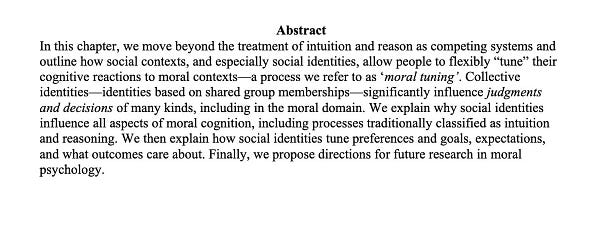
Overall, the social identity approach offers a way to understand how people's moral judgments and decisions are shaped by the groups to which they belong, and how changing identities and norms can shift moral cognition. You can read the pre-print of our paper here.
This month, we asked AI ChatGPT to read the whole text of our paper and draft a summary (which we edited). Let us know if you like or hate it.
Talks and Videos
Are you sick of failing at your New Year’s Resolutions? Jay and Dominic Packer wrote an article in TIME Magazine explaining that over 80% of people fail at their resolutions by February! They offer some useful guidance about how you can find more success by joining a group with healthy social norms that will help you achieve your goals in 2023 and beyond.
In our lab meetings this month, we invited a few guest speakers to give presentations on their new studies. Sleep is vital for optimal physical and cognitive performance, but is was incredibly dangerous for our ancestors. One of the ways humans got sleep was by taking turns watching out for the group while they slept. In other words, sleep has largely been a prosocial human activity!
Dr. David Samson explains his social sleep hypothesis in this recording of the meeting.

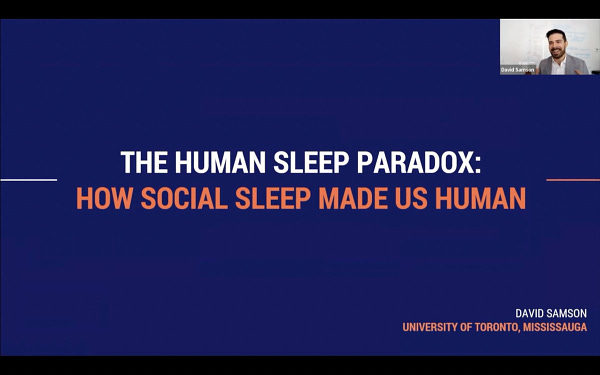
We hosted a joint meeting we had with the the Technology, Democracy, and Cognition group at the University of Bristol to discuss cutting-edge research on polarization, misinformation, and democracy. You can see the latest studies on these topics from Jesper Rasmussen & Steve Rathje from our lab and Almog Simchon & Fabio Carella from UBristol here.

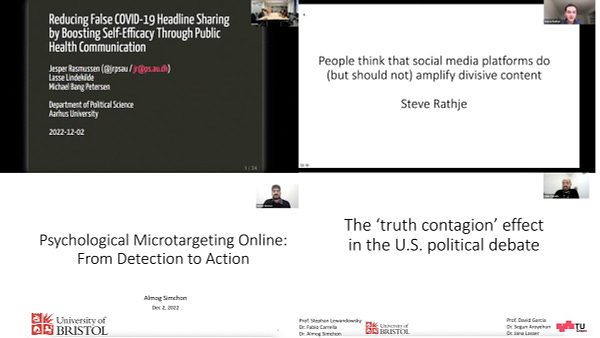
Is TikTok “Digital Fentanyl?” In the new op-ed posted by Tech Policy Press, Jay proposed a better metaphor arguing that social media is more like an unhealthy diet. Check out the article here to learn more about views from various scholars.

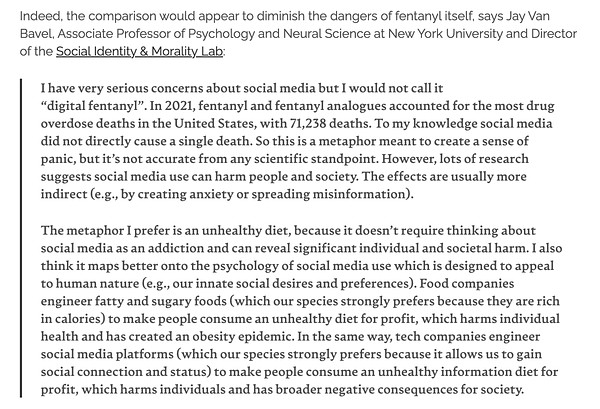
During a recent panel discussion hosted by the National Press Club Journalism Institute, Jay and other scientists discussed how psychological science can help journalists combat election misinformation. You can read the summary or watch the meeting recording here to learn more.

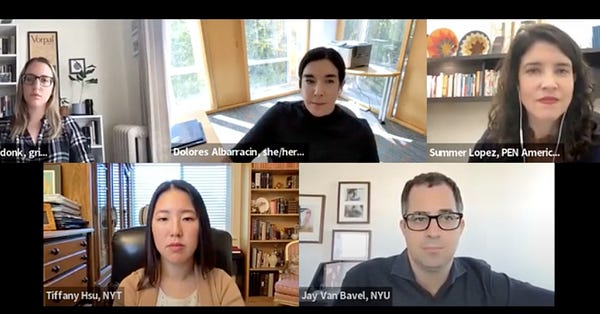
Last but not least, our lab TikTok star Steve made an amazing video showing what a day of a psychology researcher living in NYC looks like—and he provides a sneak peak into out lab culture! Check it out here on TikTok and have a snapshot of Steve’s interaction with Jay and our lab members.

Photos of the month
On Dec 1st, our postdoc Steve successfully organized the “Meet the Postdocs” event where he and Lina presented their works to the department.
Steve giving introduction to the event
Lina giving presentation on her work
On Dec 6th, our PhD student Claire gave an exciting brown bag talk on her research on the relationship between human evolution and online behavior.
Finally, in the spirit of Christmas holiday, the lab watched the Broadway show, Hadestown, as a retreat for a wonderful semester together!
As always, if you have any photos, news, or research you’d like to have included in this newsletter, please reach out to the Lab Manager (nyu.vanbavel.lab@gmail.com) who writes our monthly newsletter. We encourage former lab members and collaborators to share exciting career updates or job opportunities—we’d love to hear what you’re up to and help sustain a flourishing lab community. Please also drop comments below about anything you like about the newsletter or would like us to add.
That’s all, folks—thanks for reading and we’ll see you next month!






